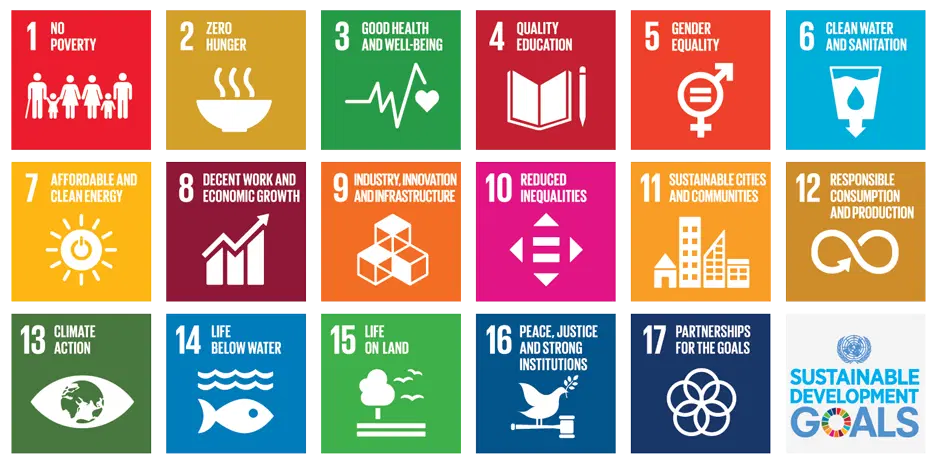The non-profit organization, Leadership, Effectiveness, Accountability, and Professionalism (LEAP) Africa, has reaffirmed its dedication to empowering young Africans to advance towards the Sustainable Development Goals (SDGs).
In collaboration with Dow Africa, LEAP Africa has launched the fifth edition of its Youth Day of Service (YDOS), a social impact initiative aimed at providing resources, skills, and a platform for youth voices.
A statement shared with Vanguard highlighted that YDOS is designed to empower young individuals to become catalysts for positive change in their communities. Despite Africa’s growing youth population offering a unique opportunity for accelerated development, significant challenges remain in achieving the SDGs.
Kehinde Ayeni, Executive Director of LEAP Africa, emphasized the initiative’s goal to inspire young leaders across the continent to take actionable steps towards the SDGs by 2030. “YDOS goes beyond merely providing resources; it equips young leaders with the skills and knowledge necessary to address social challenges effectively. By offering capacity-building support, recognition, and financing, YDOS fosters collaboration and knowledge sharing among African regions, creating a network of changemakers united by a common purpose.”
Sami Mainich, President of Dow Africa, underscored the importance of the partnership, stating, “Young people are the architects of our future. Their creativity, innovative thinking, and energy are crucial for achieving the Sustainable Development Goals. Empowering young leaders across Africa is an investment in a sustainable future for the continent and a step towards creating lasting positive change.”
The theme for YDOS 2024, “Intensifying Youth Action for the SDGs,” reflects the initiative’s commitment to scaling impact. The 2023 edition of YDOS mobilized over 10,000 young people across 28 African countries to implement 301 projects addressing all 17 SDGs. These projects included climate action rallies, the planting of 7,893 trees in nine countries, and the collection of 812,951.51 tons of waste across eight countries, benefiting 139,245 people directly and 696,225 people indirectly across Africa.

